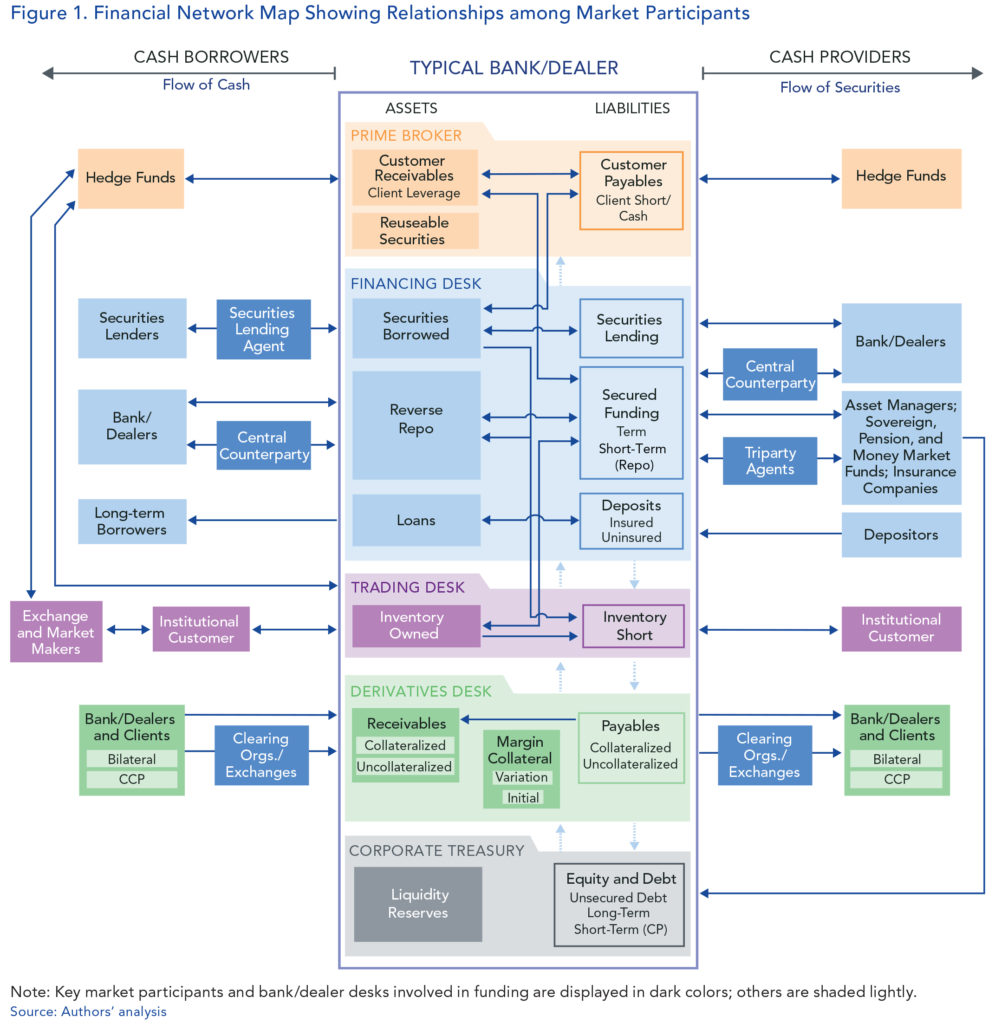“Once upon a time in MBA Finance”
Three finance professionals, Mr. QuickMath, Mr. Stats and Mr. Banks came happened to be travelling together and got into a discussion about their jobs and education.
“I am a trader at HugeMoney, and I’m an expert at currencies! I started my journey with an MBA Finance degree from WOW College”, said Mr. QuickMath
“It started with an MBA Finance degree for me as well!” exclaimed Mr. Stats, who was a risk analyst at GiganticFin Inc.
“I knew I wanted a high profile bank job, and therefore I worked hard to get into Fantastic Finance Institute for an MBA, and I landed a wealth management job at BankoftheWorld. This is not surprising, a number of my friends such as Mr. Policies, Mr. Projects and Mr. CorpFin all started out with a management degree in Finance”, concluded Mr. Banks.
The moral of the story is that an MBA in Finance is a great start, but not everything you ever need.
The meaning of “MBA Finance”
There are a number of certifications/degrees out there for one aspiring to be a finance professional. Why should you choose to be an MBA Finance? Why not a CA, CFA, FRM, etc.?
The best way to resolve this quandary is to use the allegory of a lake. There are lakes that are very wide, but not too deep, and there are lakes that are not so wide but very deep. Choosing to be an MBA Finance is choosing to be a wide lake with limited depth.
Is that a bad thing? Absolutely not! The right way to look at it is this, while a CA might have tremendous knowledge of accounts, taxation and auditing domains, an MBA has a limited but diverse exposure to these as well as numerous other domains such as financial operations, mergers & acquisitions, capital markets, international finance, wealth management, trading, financial operations, policy making and regulatory compliance to name a few.
A discussion with an MBA is more likely to have a management perspective, with a focus on how things are organized and executed in practice, rather than just the technical aspects of the various branches.
Further, getting the degree is just the beginning of the journey. It opens a number of gateways for you to explore and you can choose a domain of your choice and pursue further education, specialized and relevant to that domain.
PRAQTISE Fact File: More than 50% of finance students in top b-schools prepare for certifications such as CFA, FRM, CMA in parallel to their regular curriculum. This is essential for landing a job as per one’s preference.
The recruiter’s perspective – a hard reality
A PRAQTICAL Look- Reality Check 1: A number of premier global organizations, across investment banks and accounting/audit firms offer better jobs (in terms of both profile and pay) to IITians and engineering grads from similar revered institutes than they do to MBA Finance grads.
Yes, something that they should have told you before you registered for an entrance exam for MBA. One can verify this easily by talking to students on the verge of graduating from IITs. The companies even pamper them with the option of sponsoring their higher studies. The simple reason is that they value numerical ability over all else. In an IITian, or a similarly qualified engineering graduate, they get a person with supreme quantitative aptitude.
A PRAQTICAL Look – Reality Check 2: Many reputed companies arrive at the campus with decent offers, but they are not really finance jobs, not the ones you thought you would get while you were studying your course.
True, as far as the recruiter is concerned, the pool of applicants comprises of people who have been introduced to the broad contours of the financial world, with a coursework having management at its core and not specific technical expertise. Therefore, the jobs are more likely to be in financial operations, sales, information management for market information providers such as Bloomberg, etc. The syllabus studied by a finance student is not always essential or relevant to these jobs.
PRAQTISE Fact File: Most of the iconic organizations like JP Morgan, Deutsche Bank, Barclays, etc. visit campuses with jobs for MBA that invite applications from all streams (MBA in IT, operations, etc.) and not just finance.
A PRAQTICAL Look – Reality Check 3: Those recruiters who do offer core finance jobs at b-schools usually pick candidates who have/are working towards certifications such as CFA, FRM, etc.
Indeed, when a recruiter is genuinely looking to hire for roles such as equity research, corporate finance or M&A advisory, they seek out candidates with subject matter expertise. Students having the above mentioned certifications, or even those who are working towards them (those who have cleared the initial levels) definitely have an edge over those who relied on the college finance syllabus to get through. The screening tests are sophisticated enough to require in-depth knowledge, one that is difficult to achieve by simply sticking to the average MBA syllabus.
The takeaway is that one should remember that while having the degree does open up many doors, these MBA jobs might not necessarily be the opportunities you aspired for. One has to arm himself/herself with the desired skills and qualifications (quantitative aptitude & certifications) if one is serious about getting into the right profile. The intense competition for such profiles means that there is not running away from this.
The finance world- what are the entry points
To identify where prospective job openings might lie, it is better to have an overview of the financial marketplace.
The following table can now serve as a useful guide to the job opportunities one can expect after an MBA in Finance:
| Type of Organization | Category | Domain of work | Job Roles |
| Manufacturing, Pharma, FMCG etc | Non BFSI | Corporate Finance | Capital Budgeting, Working Capital Management, Liquidity, Treasury |
| Banks, Financial Institues – Core jobs | BFSI | Commercial Banking, Investment Banking | Portfolio Management, Asset-Liability Management, Treasury, Mergers & Acquisitions Advisory, Cash management, Front Office |
| Banks, Financial Institues – non-core jobs | BFSI | Financial Operations, Financial Services | Fund Accounting, Custody, Back Office, Sales of basic products (loan offers, credit cards etc.), CRM |
| Financial Information Providers(ex. Bloomberg, Reuters) | News & Media Companies | Data Analysis, Reporting, Account Management | News, Market Updates, Reporting, Presentation, Account Management |
| RBI, SEBI | Government Entities & Regulatory Bodies | Defined roles which are also open to general public | Offer the same roles for which general selection procedure is also in place (ex. Grade B officer for RBI) |
To conclude, finance careers are highly rewarding but also highly demanding. An MBA in Finance is a great start, but that is how it should be viewed. An aspiring finance professional would be better placed if he/she does the necessary background research in terms of the desired domain and how have people achieved it in the past.
What do you think about the scope of MBA Finance? Let us know your views in the comments section.


